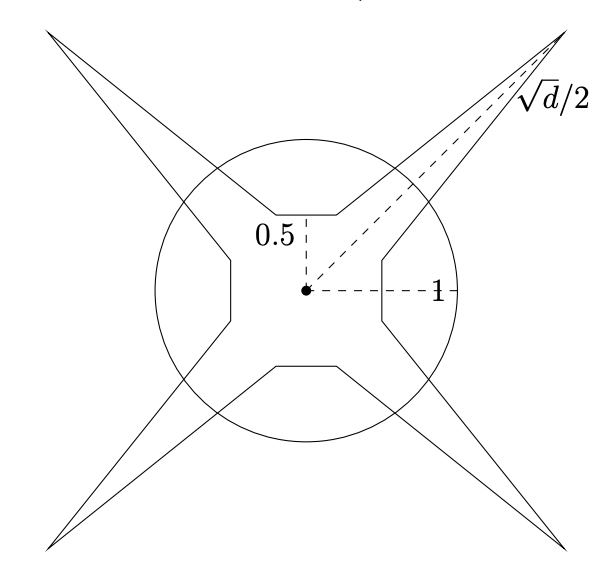DAS-PINNs: A deep adaptive sampling method for solving high-dimensional partial differential equations
In this work we propose a deep adaptive sampling (DAS) method for solving partial differential equations (PDEs), where deep neural networks are utilized to approximate the solutions of PDEs and deep generative models are employed to generate new collocation points that refine the training set. The overall procedure of DAS consists of two components: solving the PDEs by minimizing the residual loss on the collocation points in the training set and generating a new training set to further improve the accuracy of current approximate solution. In particular, we treat the residual as a probability density function and approximate it with a deep generative model, called KRnet. The new samples from KRnet are consistent with the distribution induced by the residual, i.e., more samples are located in the region of large residual and less samples are located in the region of small residual. Analogous to classical adaptive methods such as the adaptive finite element, KRnet acts as an error indicator that guides the refinement of the training set. Compared to the neural network approximation obtained with uniformly distributed collocation points, the developed algorithms can significantly improve the accuracy, especially for low regularity and high-dimensional problems. We demonstrate the effectiveness of the proposed DAS method with numerical experiments.
PDF Abstract